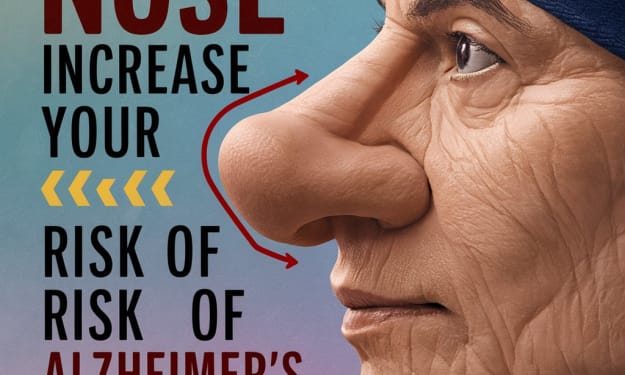What Loneliness Does To Your Brain And Body?
Navigating the Depths of Solitude: Unraveling the Impact of Loneliness on Health and Well-being

Introduction
Loneliness, a pervasive modern-day affliction, poses significant risks to both mental and physical health. Startling statistics reveal a 29% increase in heart disease risk and a 32% increase in stroke risk among the lonely. This article delves into the complexities of loneliness, exploring its physiological and psychological effects, long-term health implications, and the transformative power of human connection in overcoming its grip.
The Complex Nature of Loneliness
Loneliness extends beyond mere solitude; it's a multifaceted state that affects the mind and body. Mia de Graph, Deputy Editor for Health at Business Insider, sheds light on the intricacies of loneliness. She explains that loneliness isn't just about being alone; it's about lacking meaningful social connections, which triggers a cascade of physiological responses.
Physiological Responses to Loneliness
Lack of meaningful social connections triggers heightened stress responses. The sympathetic nervous system goes into overdrive, leading to feelings of paranoia and suspicion. Research indicates that loneliness activates the hypothalamic-pituitary-adrenal (HPA) axis, resulting in increased production of cortisol, the primary stress hormone. Additionally, loneliness dampens activity in brain regions associated with love and connection, exacerbating feelings of isolation.
The Paradox of Loneliness
Loneliness drives individuals to seek solace in solitude, yet makes it challenging to break free from isolation. This paradox of loneliness perpetuates a vicious cycle, wherein the very condition that drives us to seek companionship impedes our ability to connect with others. Furthermore, hormonal imbalances exacerbate the situation, with cortisol levels skyrocketing and dopamine driving impulsive behaviors such as excessive drinking or gambling.
Long-Term Health Implications
Loneliness takes a toll on physical health, leading to increased anxiety, susceptibility to illness, and chronic pain. Studies have shown that chronic loneliness is associated with elevated levels of inflammation, which can contribute to the development of cardiovascular disease, the leading cause of mortality worldwide. Additionally, loneliness is linked to poor sleep quality, cognitive decline, and an increased risk of developing conditions such as dementia.
Loneliness and Mortality
The impact of loneliness on longevity rivals that of smoking, significantly increasing the risk of premature death. Research suggests that chronic loneliness may be as detrimental to health as smoking 15 cigarettes a day. Moreover, loneliness has been associated with a higher risk of mortality from all causes, highlighting the urgent need for intervention to address this public health issue.
The Healing Power of Human Connection
Despite the profound challenges posed by loneliness, there is hope in the transformative power of human connection. Research highlights the positive effects of interpersonal interactions on both physical and emotional well-being. Even brief interactions with others can have a significant impact on mood and stress levels, underscoring the importance of fostering meaningful connections in combating loneliness.
Embracing Authentic Connections
True happiness lies in forging genuine connections that resonate with our core being. Whether through meaningful conversations, shared experiences, or acts of kindness, authentic connections nourish the soul and promote overall well-being. It's not about the quantity of social interactions but the quality of those connections that truly matters. By prioritizing authentic relationships and engaging in activities that bring joy and fulfillment, individuals can mitigate the adverse effects of loneliness and cultivate a sense of belonging and connection.
Conclusion
Overcoming loneliness requires a multifaceted approach that addresses both the physiological and psychological aspects of isolation. By understanding the complex nature of loneliness and its impact on health, individuals can take proactive steps to foster meaningful connections and prioritize their well-being. Through acts of compassion, empathy, and genuine human connection, we can create a world where loneliness is no longer a silent epidemic but a shared experience of belonging and connection.





Comments
There are no comments for this story
Be the first to respond and start the conversation.